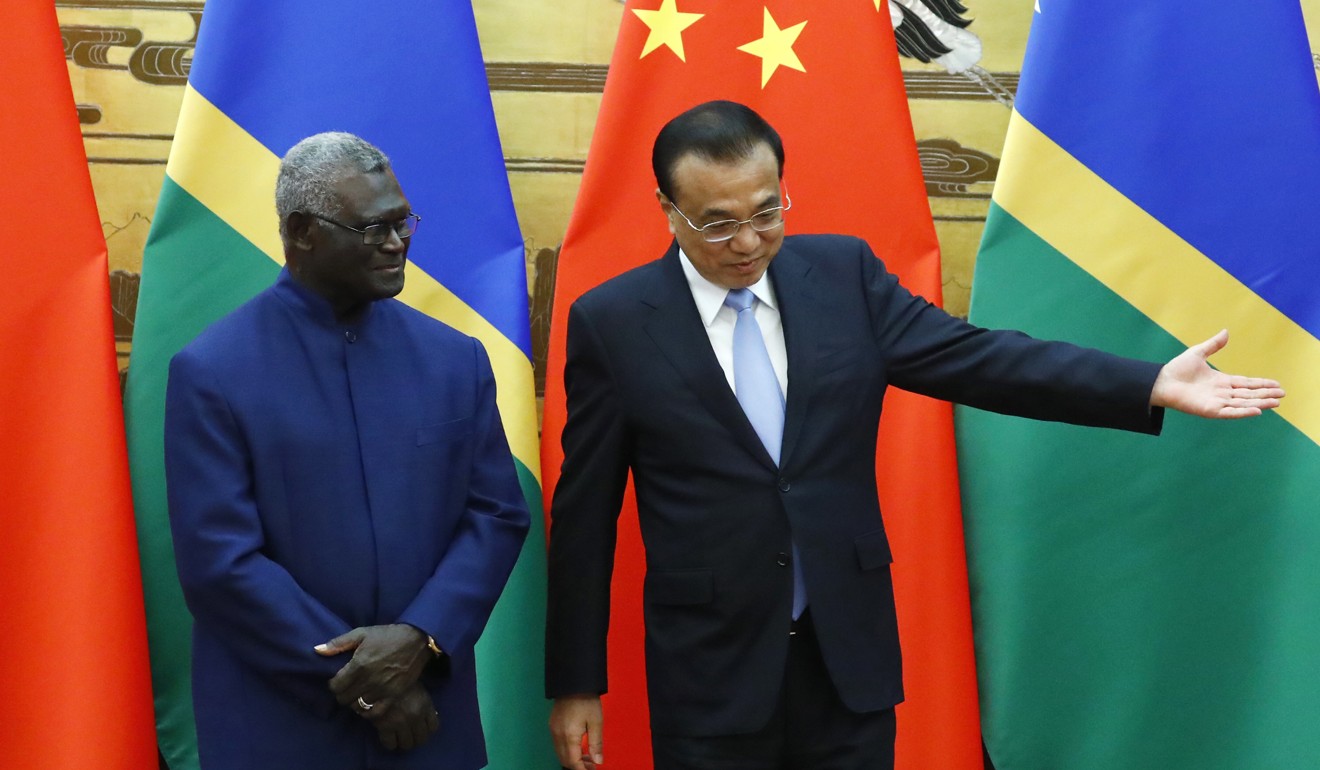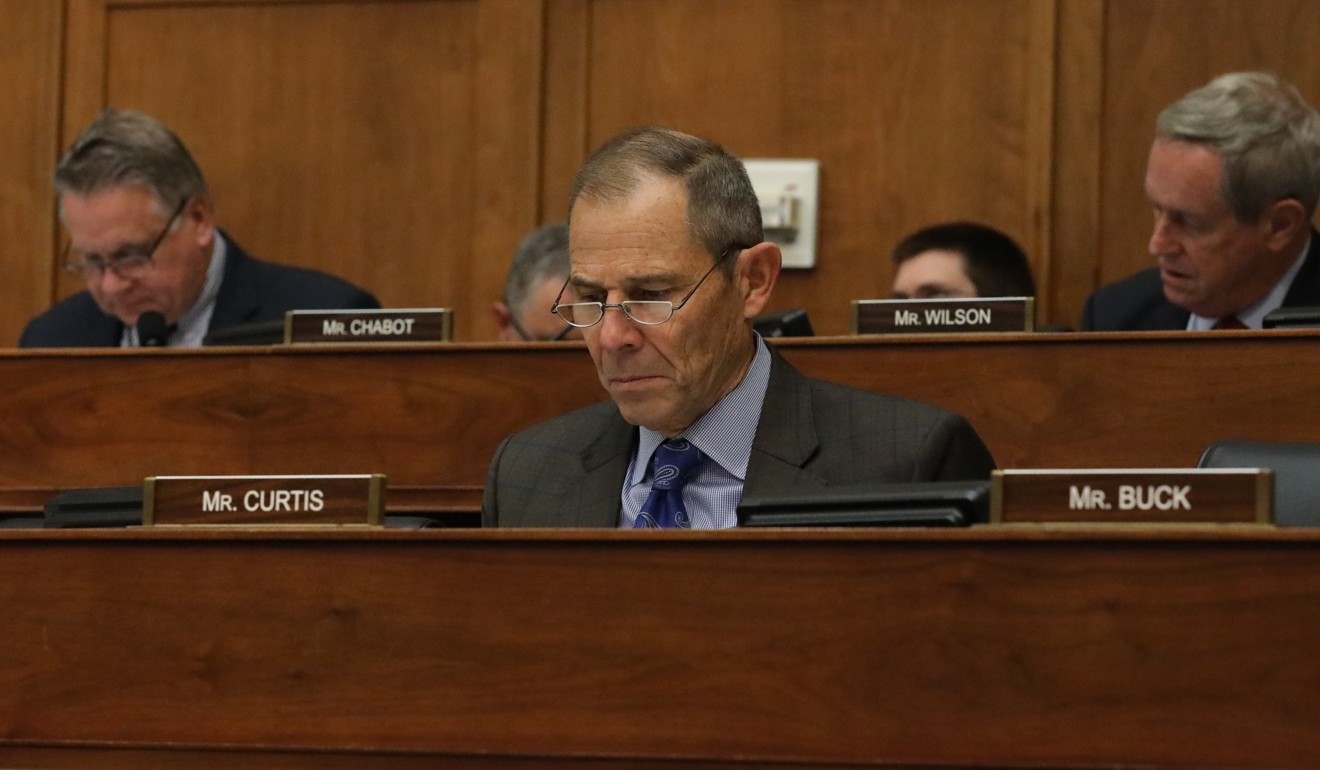
US bill to protect Taiwan from Chinese diplomatic pressure wins congressional committee approval
- Taiwan allies bill will move on to full House of Representatives
- Anti-China position is now mainstream in US Congress, says Taipei academic
Analysts said the legislation signalled a change in US attitudes towards cross-strait issues and that instead of allowing Taiwan and Beijing to resolve their differences, the US should work with Taiwan in dealing with the mainland.
A day after the Senate passed its version, the House committee approved the bill which called on Washington to help Taiwan hold on to diplomatic allies in the face of pressure from Beijing .
The House’s bill would authorise the US State Department to consider “reducing its economic, security and diplomatic engagements with nations that take serious or significant actions to undermine Taiwan”.
The bill was expected to be approved by a House floor vote in November, and Congress would then compare both versions and create a bill for President Donald Trump to sign into law.
Taiwan’s semi-official Central News Agency reported that the House said the US government should help Taiwan to take part in international organisations, either as a member or an observer. Washington should also lobby for Taiwan’s interests when it [the US] deals with Beijing, the House said.
The report quoted Representative Steve Chabot of Ohio, co-chairman of the Congressional Taiwan Caucus, as saying that Taiwan was a “critical ally” for the US in the Pacific.
Taiwan invites US to help gauge its military strength as analysts warn of growing threat from mainland China
Chabot also referred to a switch by the Solomon Islands and Kiribati in September that left Taiwan with 15 allies, mostly impoverished countries in the Pacific and Latin America.
Washington switched recognition to Beijing from Taipei in 1979, but passed the Taiwan Relations Act soon after to ensure informal but close ties with the island that included a commitment to supply Taipei with defensive arms against a possible military adventure by Beijing.

Beijing then suspended diplomatic exchanges with Taiwan, staged war games around the island and poached seven allies away from Taipei.
While the House’s version of the bill is almost identical to the Senate’s, the upper chamber called for Trump’s administration to consider a free-trade deal with Taiwan.
On Thursday, Tsai voiced her appreciation for efforts to pass the Taipei act and said it would help Taiwan maintain its place on the world stage.
As Taiwan’s allies dwindle, St Lucia stands firm against China pressure
Arthur Ding, an honorary professor of international relations at National Chengchi University in Taipei, said the bill’s progress “reflects that the anti-China position is the mainstream opinion in the US Congress”.
“With his support for Taiwan, Trump is expected to sign the act, but it remains to be seen how the law would be implemented,” Ding said.
Lai I-chung, executive director of the international cooperation committee at the Taipei-based Taiwan Thinktank, said Wednesday’s vote also indicated a change in US policy in dealing with both sides of the Taiwan Strait.

“In the past, the US used to think that it should be Taiwan which had to face suppression from the mainland and resolve the issue by itself,” he said. “But now, the US is taking into account the survival of Taiwan internationally, believing it needs to work with Taiwan to (help it) cope with the problem and other related issues”.

